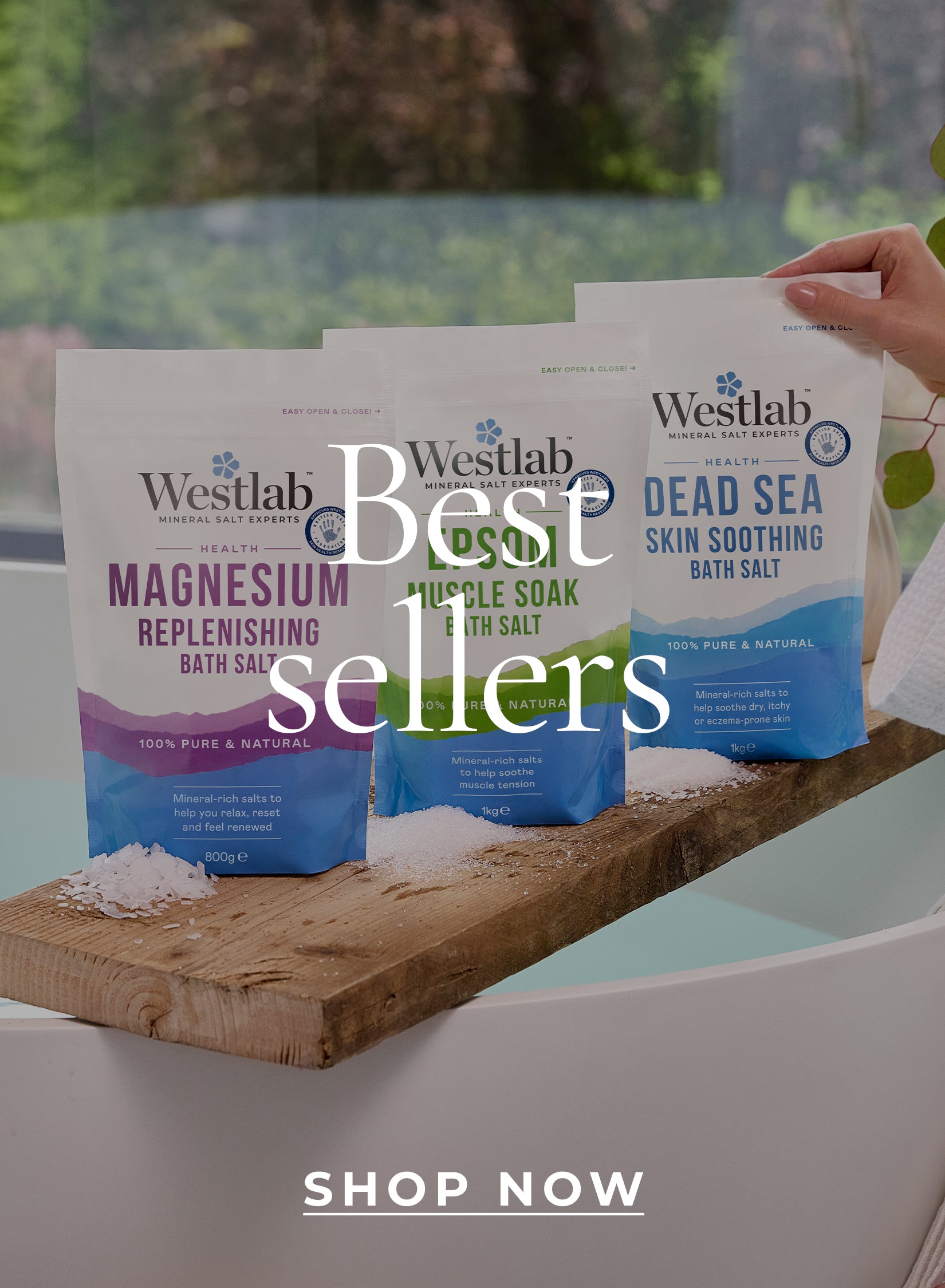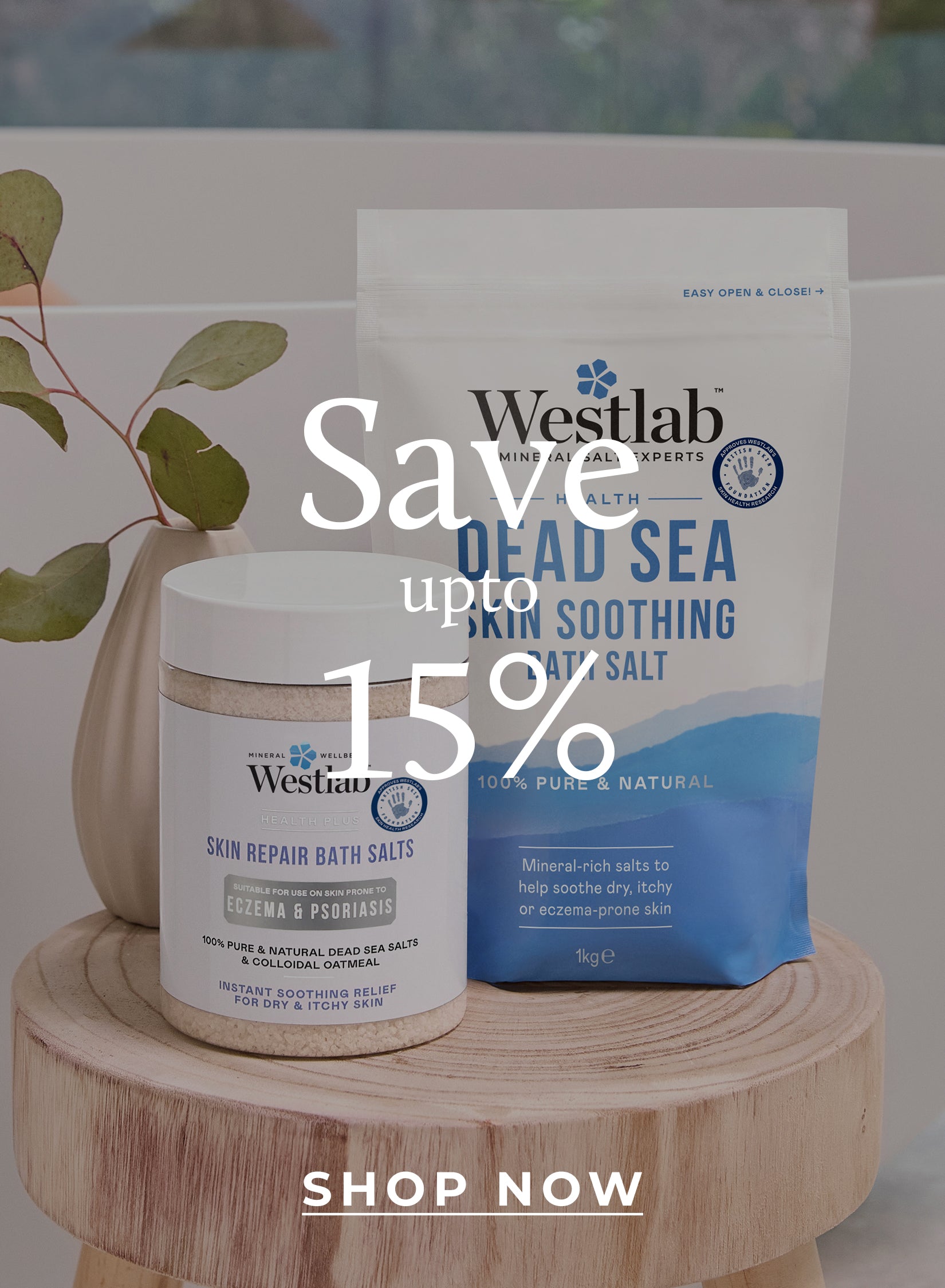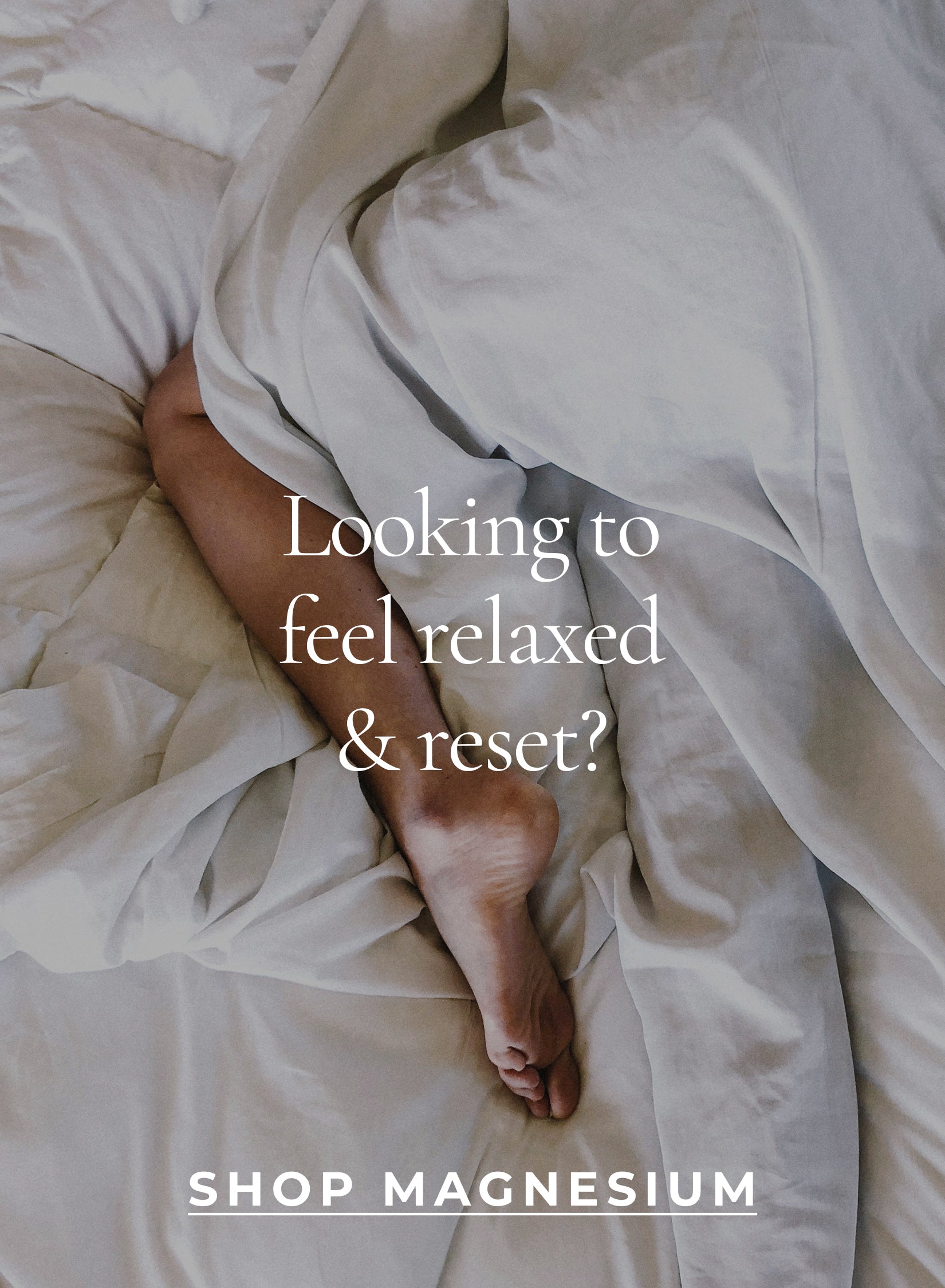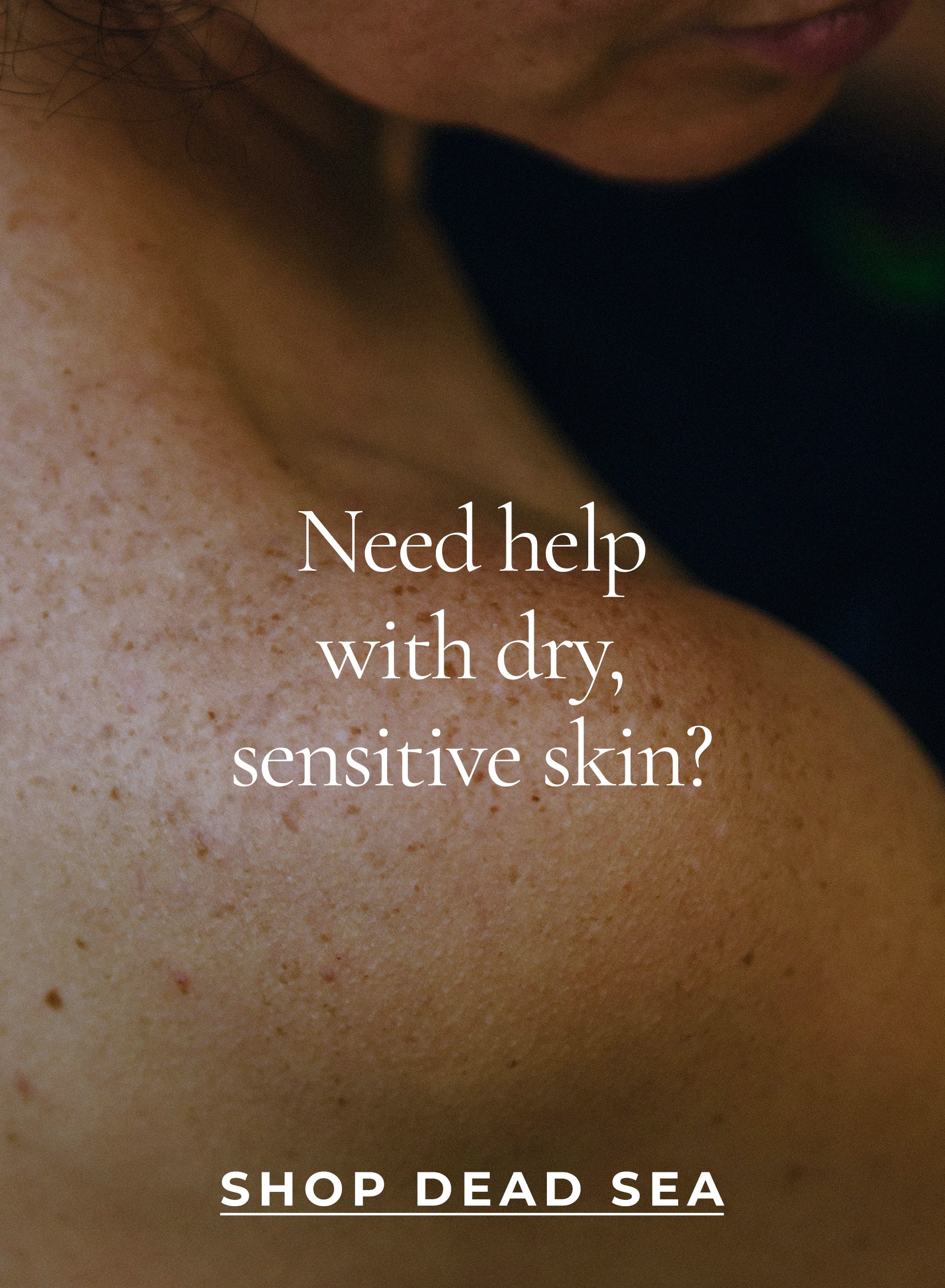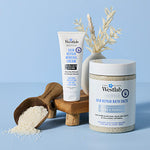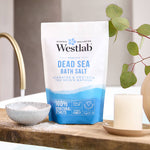Magnesium for Wellbeing

Magnesium is one of the most important minerals for your health. Being involved in over 300 enzyme-related reactions in the body which help regulate blood pressure, aid digestion, decrease inflammation, relax muscle tension and maintain strong bones and teeth. However, many of us are not getting enough of this important mineral as we need. Reports published by the World Health Organisation (WHO), have estimated that up to 75% of adults could be deficient through their diet.
Bathing is one of the most easy and effective ways of boosting your magnesium uptake. In addition to taking a supplement. This allows themineral to pass directly into the tissues transdermally. This is via the porous surface of the skin. Where it quickly transports to cells throughout the body.
Taking Magnesium orally
When taken orally, there are a number of factors that can reduce the amount of magnesium you absorb. It has to compete with other foods and digests in the gut. Which can make absorption of the mineral less effective. A magnesium supplement can also have a laxative action on the digestion which, again, can interfere with absorption.
Transdermally
Allowing magnesium to absorb through the skin helps avoid these problems. By bypassing the digestive system, it goes straight into the bloodstream where it is delivered to the cells that need it.
To create your own soothing transdermal magnesium therapy experience, simply dissolve 250g-1kg of Westlab's Relaxing Magnesium Flakes in a warm, deep bath. Lay back and close your eyes as you soak for 20 minutes, allowing the mineral-rich salts to work their magic.
In the short-term, a magnesium flake bath will help calm and hydrate the skin and ease away any muscle tension, relaxing both mind and body for a perfect night's sleep. While in the long-term, it will effortlessly up the body's levels of this vital mineral and help boost your overall wellbeing.
*World Health Organisation. Calcium and magnesium in drinking water: public health significance. Geneva: World Health Organisation Press; 2009. Nb these figures refer to American adults.
